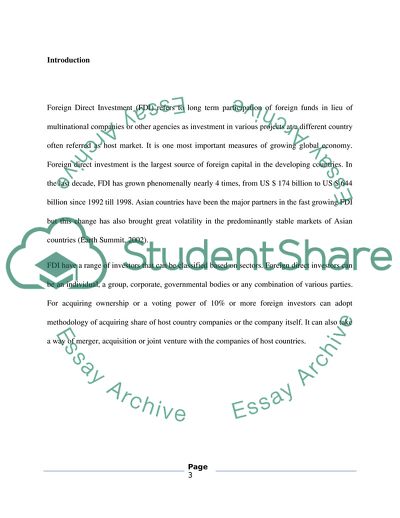Cite this document
(Host Countries and Multinational Enterprises Involved in Foreign Coursework, n.d.)
Host Countries and Multinational Enterprises Involved in Foreign Coursework. Retrieved from https://studentshare.org/finance-accounting/1739549-to-what-extent-is-there-a-conflict-of-interest-between-host-countries-and-multinational-enterprises-involved-in-foreign-direct-investment
Host Countries and Multinational Enterprises Involved in Foreign Coursework. Retrieved from https://studentshare.org/finance-accounting/1739549-to-what-extent-is-there-a-conflict-of-interest-between-host-countries-and-multinational-enterprises-involved-in-foreign-direct-investment
(Host Countries and Multinational Enterprises Involved in Foreign Coursework)
Host Countries and Multinational Enterprises Involved in Foreign Coursework. https://studentshare.org/finance-accounting/1739549-to-what-extent-is-there-a-conflict-of-interest-between-host-countries-and-multinational-enterprises-involved-in-foreign-direct-investment.
Host Countries and Multinational Enterprises Involved in Foreign Coursework. https://studentshare.org/finance-accounting/1739549-to-what-extent-is-there-a-conflict-of-interest-between-host-countries-and-multinational-enterprises-involved-in-foreign-direct-investment.
“Host Countries and Multinational Enterprises Involved in Foreign Coursework”. https://studentshare.org/finance-accounting/1739549-to-what-extent-is-there-a-conflict-of-interest-between-host-countries-and-multinational-enterprises-involved-in-foreign-direct-investment.


